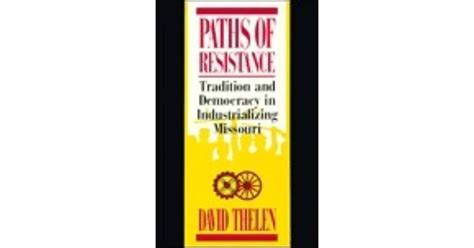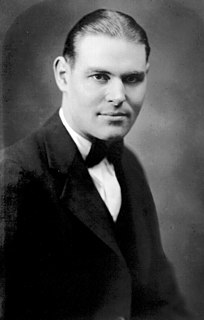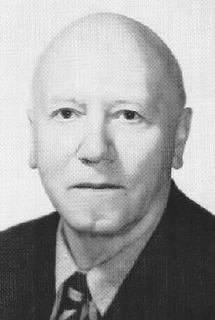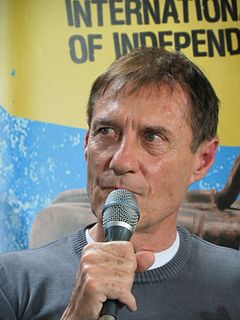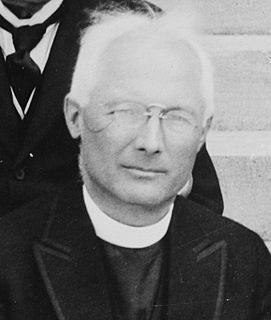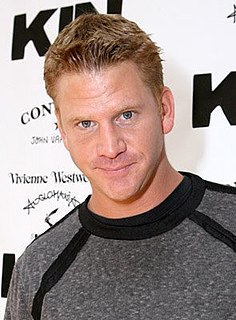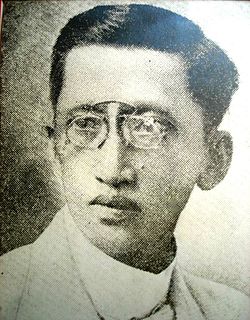A Quote by David P. Thelen
The challenge of history is to recover the past and introduce it to the present.
Related Quotes
History in Burckhardt's words is 'the record of what one age finds worthy of note in another.' The past is intelligible to us only in light of the present; and we can fully understand the present only in light of the past. To enable man to understand the society of the past and to increase his mastery over the society of the present is the dual function of history.
History produces not only the forces of domination but also the forces of resistance that press up against and are often the objects of such domination. Which is another way of saying that history, the past, is larger than the present, and is the ever-growing and ongoing possibility of resistance to the present’s imposed values, the possibility of futures not unlike the present, futures that resist and transform what dominates the present.
We learn in the past, but we are not the result of that. We suffered in the past, loved in the past, cried and laughed in the past, but that's of no use to the present. The present has its challenges, its good and bad side. We can neither blame nor be grateful to the past for what is happening now. Each new experience of love has nothing whatsoever to do with past experiences. It's always new.
But the past does not exist independently from the present. Indeed, the past is only past because there is a present, just as I can point to something over there only because I am here. But nothing is inherently over there or here. In that sense, the past has no content. The past - or more accurately, pastness - is a position. Thus, in no way can we identify the past as past
I feel history is more of a story than a lesson. I know this idea of presentism: this idea of constantly evoking the past to justify the present moment. A lot of people will tell you, "history is how we got here." And learning from the lessons of history. But that's imperfect. If you learn from history you can do things for all the wrong reasons.
Today’s events are tomorrow’s history, yet events seen by the naked eye lack the depth and breadth of human struggles, triumphs and suffering. Writing history is writing the soul of the past… so that the present generation may learn from past mistakes, be inspired by their ancestor’s sacrifices, and take responsibility for the future.
